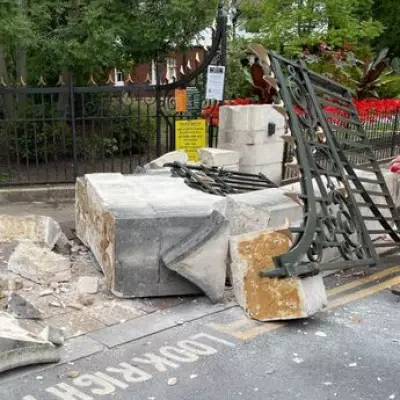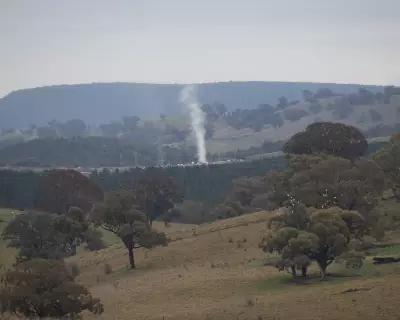
Jamaican farmers are sounding the alarm over an impending food crisis as they survey the devastating aftermath of Hurricane Melissa, which tore through the island's agricultural regions with ferocious intensity.
Entire farming communities now face ruin after the storm flattened crops, destroyed infrastructure, and left once-fertile fields submerged under floodwaters. The scale of destruction has left many questioning how the island nation will feed its population in the coming months.
A Landscape of Destruction
Farmers report near-total losses of vital staple crops including bananas, yams, and vegetables that form the backbone of Jamaica's food supply. The storm's timing couldn't have been worse, striking just as many crops were approaching harvest.
"We've lost everything," one emotional farmer explained, gesturing towards fields that now resemble lakes rather than productive farmland. "What took us months to grow was destroyed in hours. This isn't just about money - it's about how our people will eat."
The Ripple Effect on Food Security
The destruction extends beyond immediate crop losses. Critical farming infrastructure including irrigation systems, storage facilities, and access roads have been severely compromised, hampering recovery efforts.
Local markets already show signs of strain as vendors struggle to source produce. Consumers face the prospect of soaring prices and empty shelves in the weeks ahead, creating a perfect storm of food insecurity.
Climate Change Amplifies the Threat
Many farmers see Hurricane Melissa as part of a worrying pattern of increasingly intense weather events linked to climate change. The Caribbean region has experienced a rise in powerful storms that threaten not just immediate safety but long-term food sovereignty.
As one agricultural expert noted: "When storms of this magnitude hit small island nations, the recovery isn't just about rebuilding homes - it's about rebuilding our entire food system from the ground up."
The Jamaican government and international aid agencies are now racing against time to assess the full extent of the damage and coordinate emergency response measures before food shortages become critical.





